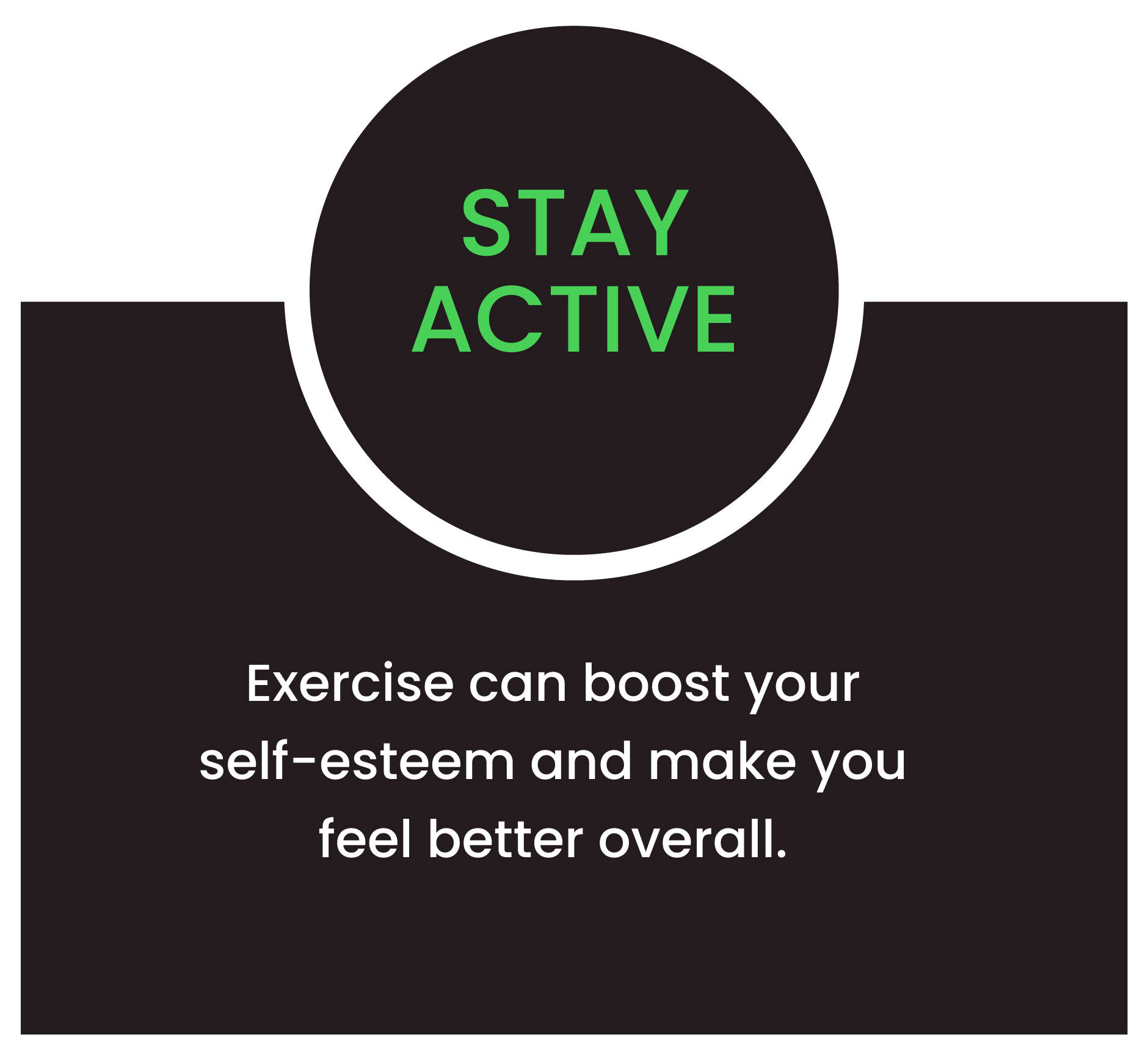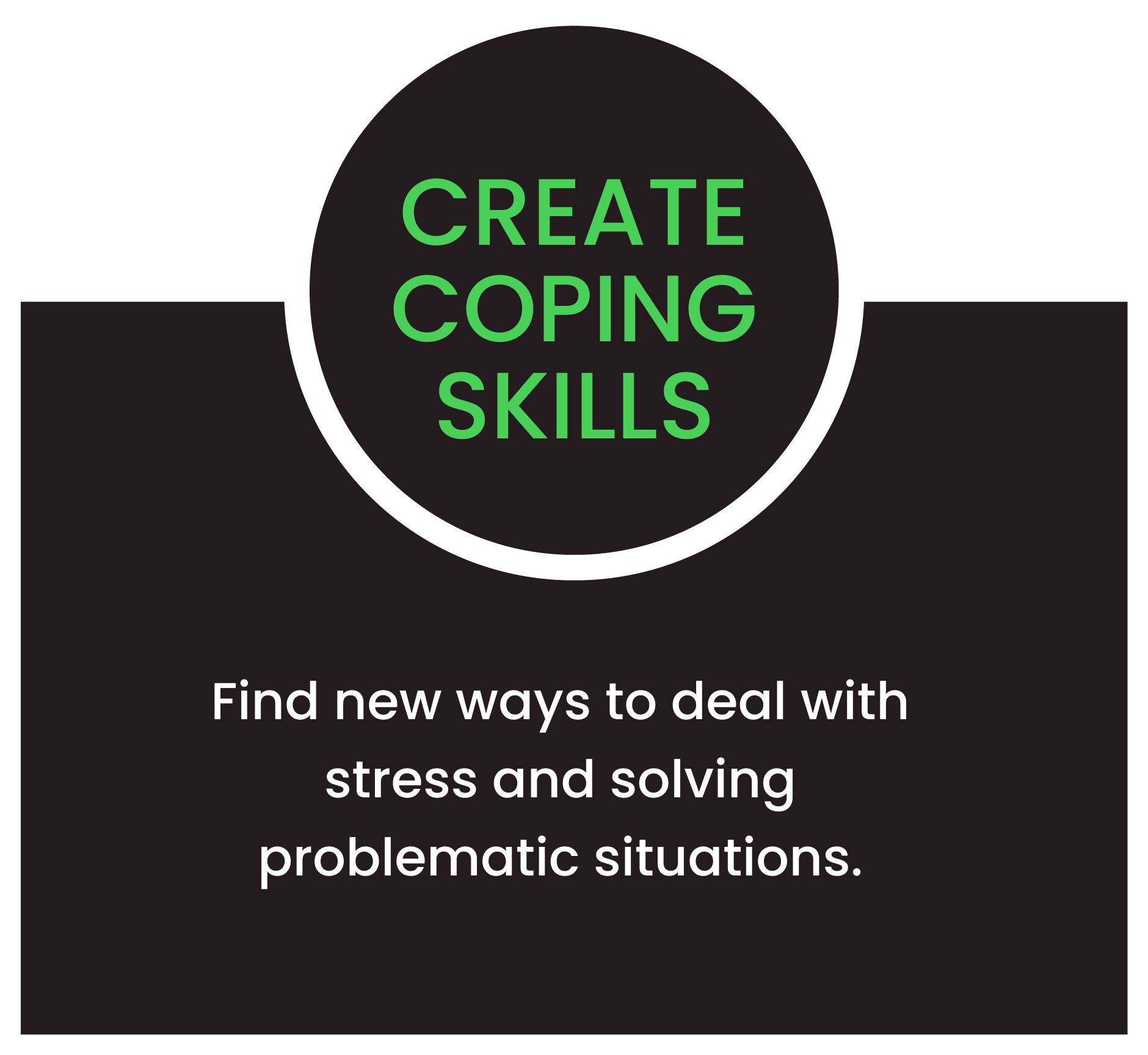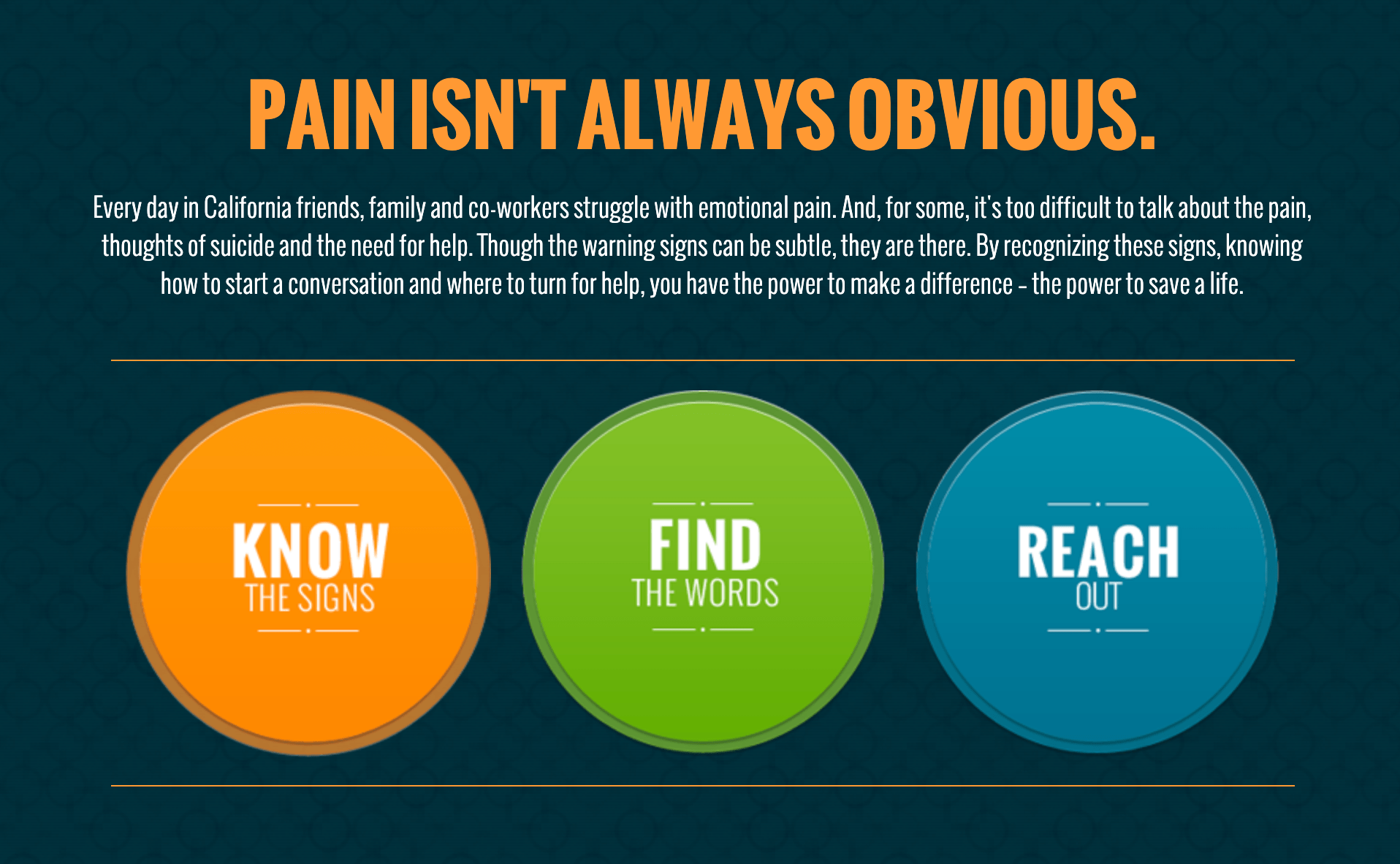“Mental Health” is the state of our psychological, social, and emotional well-being.
It affects our feelings and perceptions, how we interact with others, the choices we make, and how we deal with stress. Like our physical health, our mental health can range from awesome to pretty miserable depending on what’s going on in our bodies and in our lives at any given point in time. Because experiencing times of illness, stress, and difficulty are a part of life, everyone is likely to go through a mental health challenge at least once in their lifetime.
MENTAL HEALTH
DEMYSTIFIED
Find additional helpful facts from the
National Institute of Mental Health.

FEELING DOWN?
Is it sadness or depression? What’s the difference?
01
DEPRESSION IS A REAL ILLNESS
Sadness is something we all experience. It is a normal reaction to difficult times in life and usually passes with a little time. When a person has depression, it interferes with daily life and normal functioning. It can cause pain for both the person with depression and those who care about them. Doctors call this condition, “depressive disorder” or “clinical depression.” It is a real illness. It is not a sign of a person’s weakness or a character flaw. You can’t “snap out of” clinical depression. Most people who experience depression need treatment to get better.
02
Depression affects people in different ways
Not everyone who is depressed experiences every symptom. Some people experience only a few symptoms. Some people have many. The severity and frequency of symptoms, and how long they last, will vary depending on the individual and their particular illness. Symptoms may also vary depending on the stage of the illness.
Men often experience depression differently than women. While women with depression are more likely to have feelings of sadness, worthlessness, and excessive guilt, men are more likely to feel very tired, irritable, lose interest in once-pleasurable activities, and experience difficulty sleeping.
03
Depression is treatable
Depression, even the most severe cases, can be treated. The earlier treatment begins, the more effective it is. Most adults see an improvement in their symptoms when treated with antidepressants, therapy, or a combination of both.
04
If you are suffering with depression, you are not alone
One in five adults experience a mental health challenge in a given year, and depression is one of the most common mental health challenges in the United States. Build a support system for yourself. Your family and friends are a great place to start. Help them understand how you are feeling and that you are following your doctor’s recommendations to treat your depression.
U.S. Department of Health and Human Services, National Institutes of Health, National Institute of Mental Health. (2015). Depression (NIH Publication No. 15-3561). Bethesda, MD: U.S. Government Printing Office.
WAYS TO IMPROVE YOUR MENTAL HEALTH






Concerned about someone you know?
Pain isn’t always obvious. Recognizing the signs of depression and suicide can help save a life. Know the signs and find the words so you can reach out to help someone in need by visiting:
Suicide prevention training is also available. Visit our Training Page for more information.



